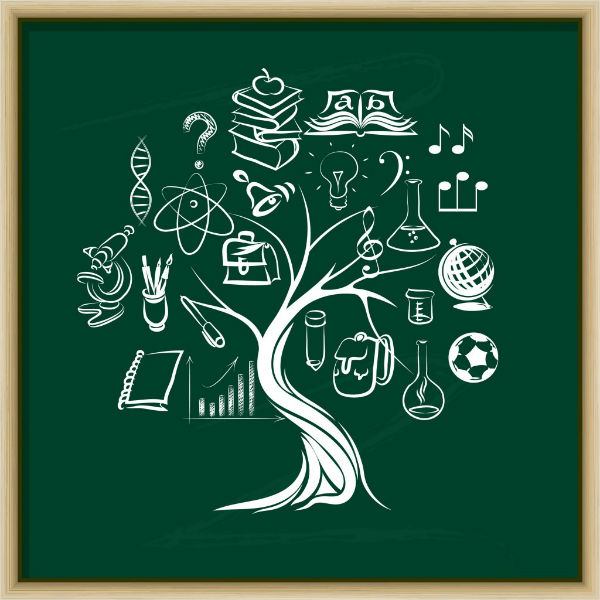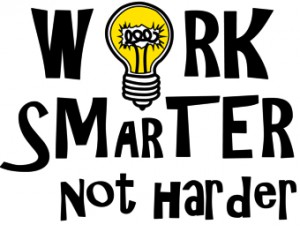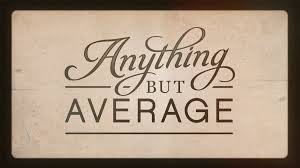 Research: Numerous studies cite the importance of the learning environment on student achievement. They have found correlations between improved learning environments and behavior, motivation, learning, achievement, and overall well-being. It makes sense, really, that the more comfortable a child is, the more they will able to focus, engage, learn, and progress in school. The trouble most schools find in creating optimal learning environments is trying to find some middle ground that will appeal to a majority of students (the mythical “average”).
Research: Numerous studies cite the importance of the learning environment on student achievement. They have found correlations between improved learning environments and behavior, motivation, learning, achievement, and overall well-being. It makes sense, really, that the more comfortable a child is, the more they will able to focus, engage, learn, and progress in school. The trouble most schools find in creating optimal learning environments is trying to find some middle ground that will appeal to a majority of students (the mythical “average”).Practice: At Chrysalis we have the benefit of being able to find just the right environment for each student to capitalize on these benefits. We can factor multiple elements into the equation, including teacher/student personalities, time of day, length of day, noise or light sensitivity, 1-1 setting, group setting, peer groupings, and much more to create an optimal learning environment for each student. We can even adapt preferences for different subjects where students exhibit significant strengths, weaknesses, or preferences. In these first weeks of school we are gathering observations about students in a variety of contexts and micro-environments to ensure we’ve created the right program for your child, and may be making adjustments as necessary to ensure their success.
 Research: The World Health Organization identifies
Research: The World Health Organization identifies 
 Research: Studies show that traditional classrooms wield inefficient use of student time (Goodlad 1984, Godwin et al. 2013). Only 70 percent of a student’s time in such an environment is dedicated to instruction, while the other 30 percent is dedicated to routines, behavioral issues, and socialization. Within that 70 percent of the school day, instruction is geared to teaching the mythical “average student,” meaning that lessons must be presented broadly, practiced, assessed, corrective procedures put into place, and assessed again. After assessment the teacher moves on to the next lesson, with or without students who mastered the concept. This methodology serves a few students well, but students on either end are left either bored or frustrated and, ultimately, alienated.
Research: Studies show that traditional classrooms wield inefficient use of student time (Goodlad 1984, Godwin et al. 2013). Only 70 percent of a student’s time in such an environment is dedicated to instruction, while the other 30 percent is dedicated to routines, behavioral issues, and socialization. Within that 70 percent of the school day, instruction is geared to teaching the mythical “average student,” meaning that lessons must be presented broadly, practiced, assessed, corrective procedures put into place, and assessed again. After assessment the teacher moves on to the next lesson, with or without students who mastered the concept. This methodology serves a few students well, but students on either end are left either bored or frustrated and, ultimately, alienated.